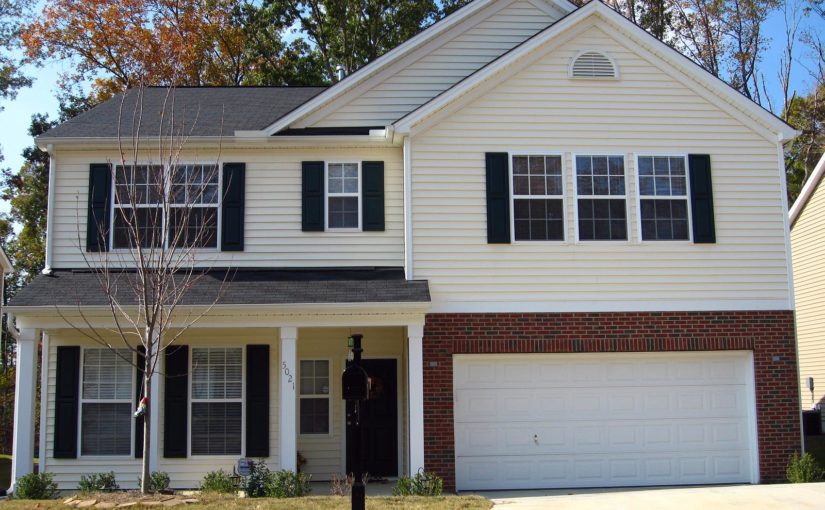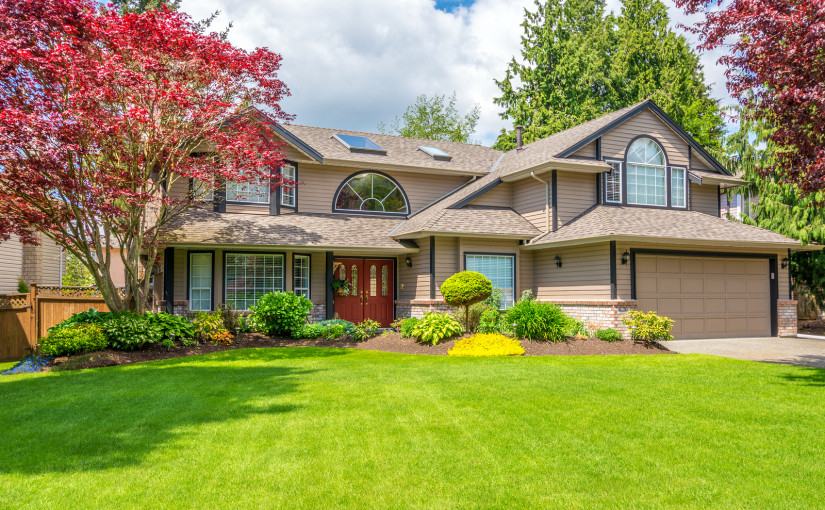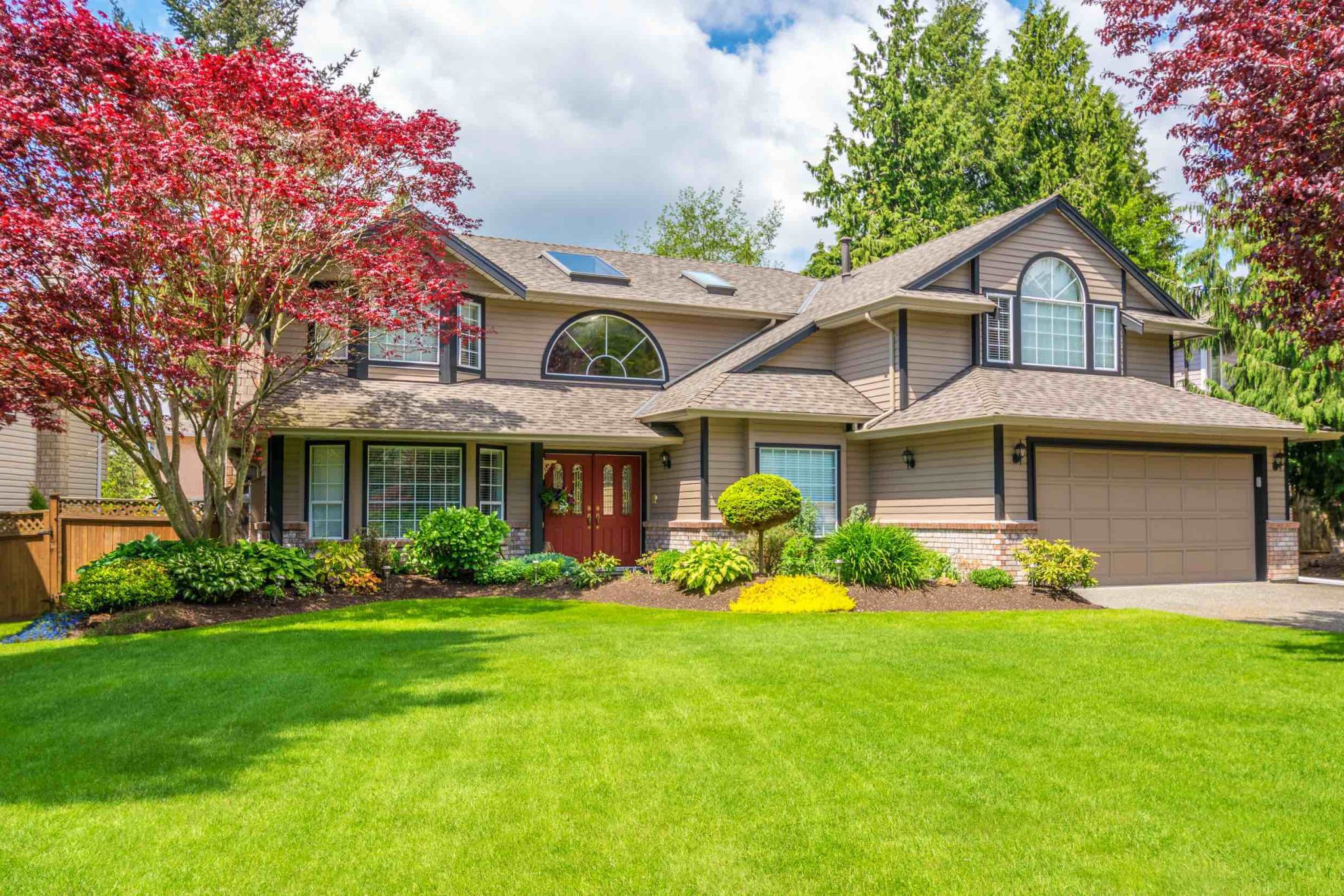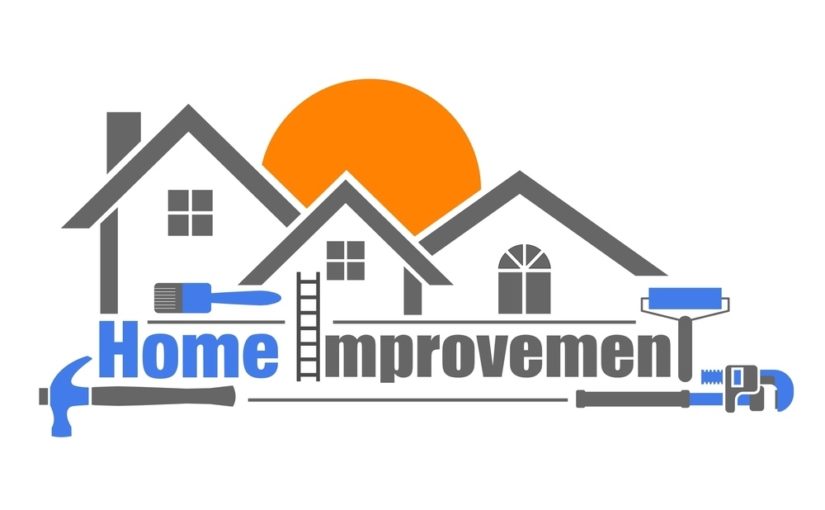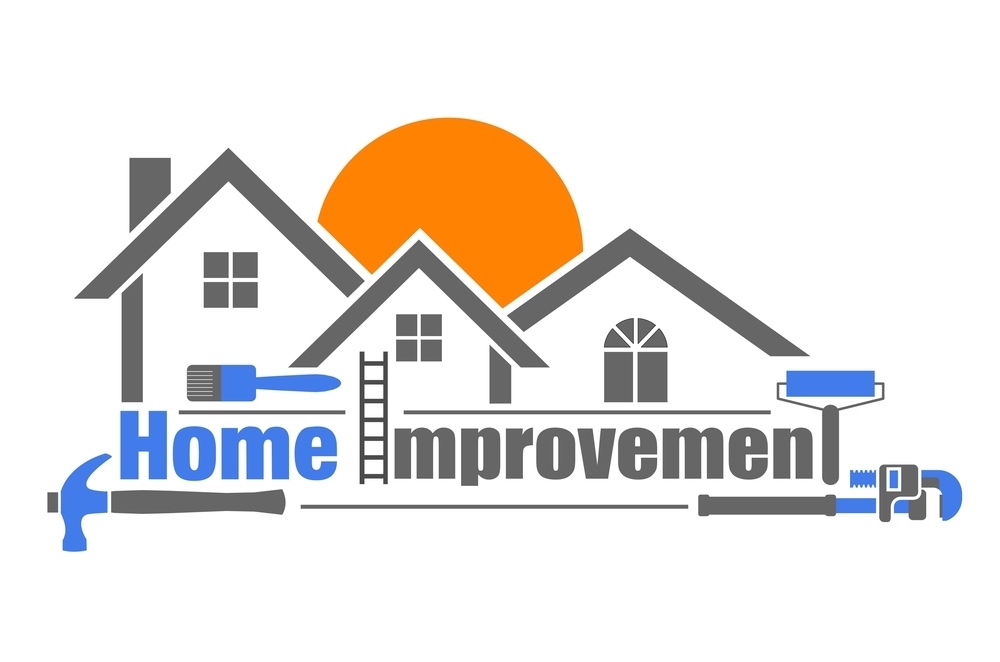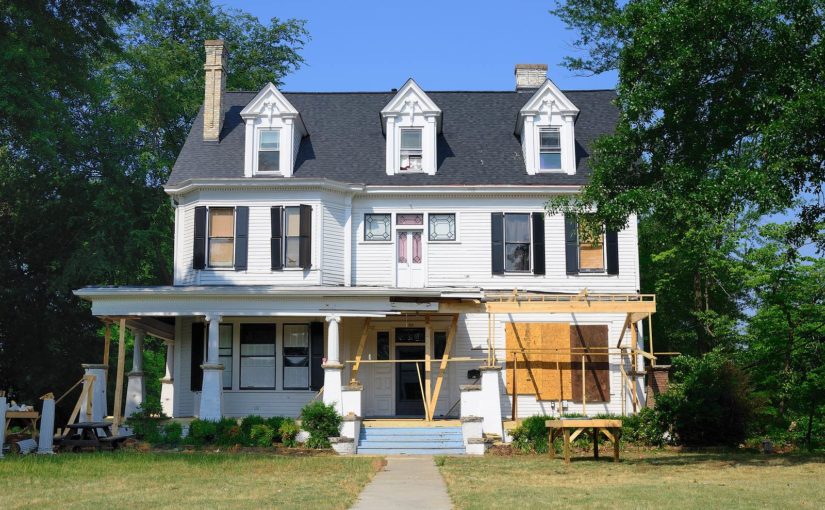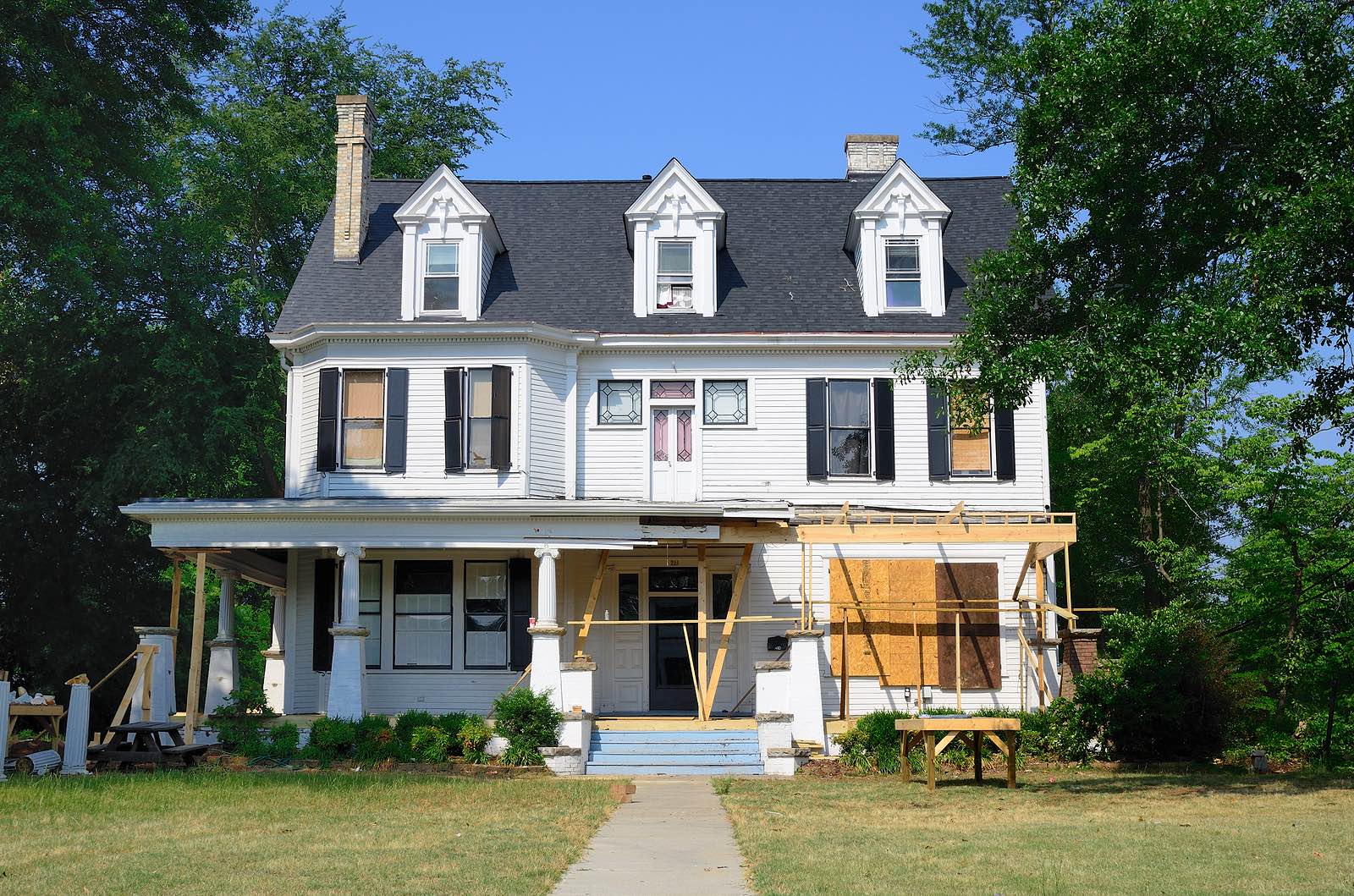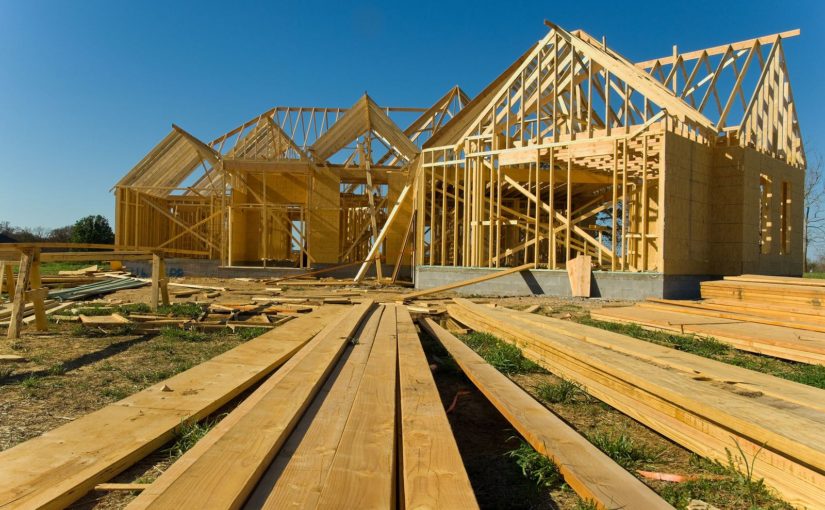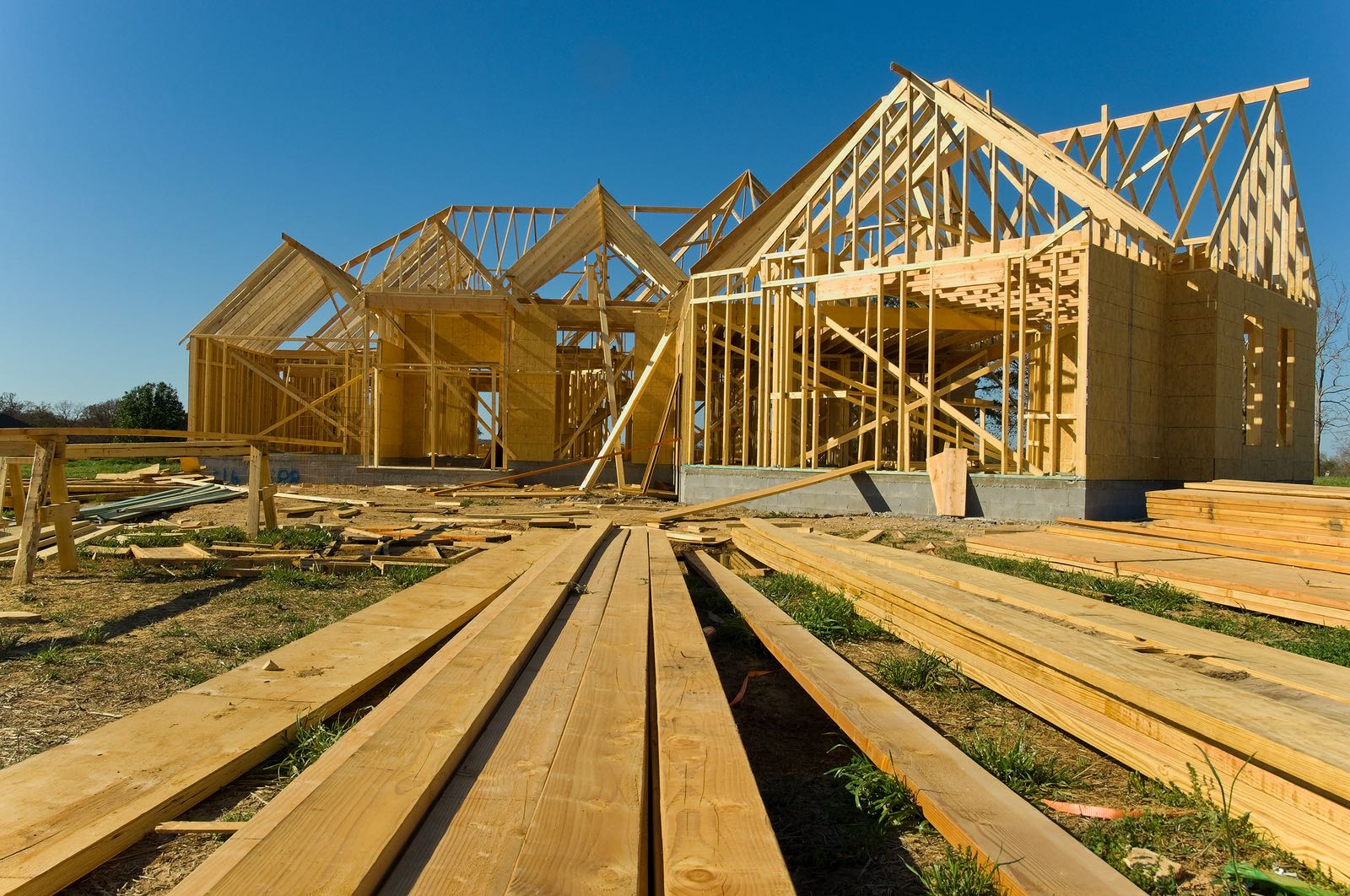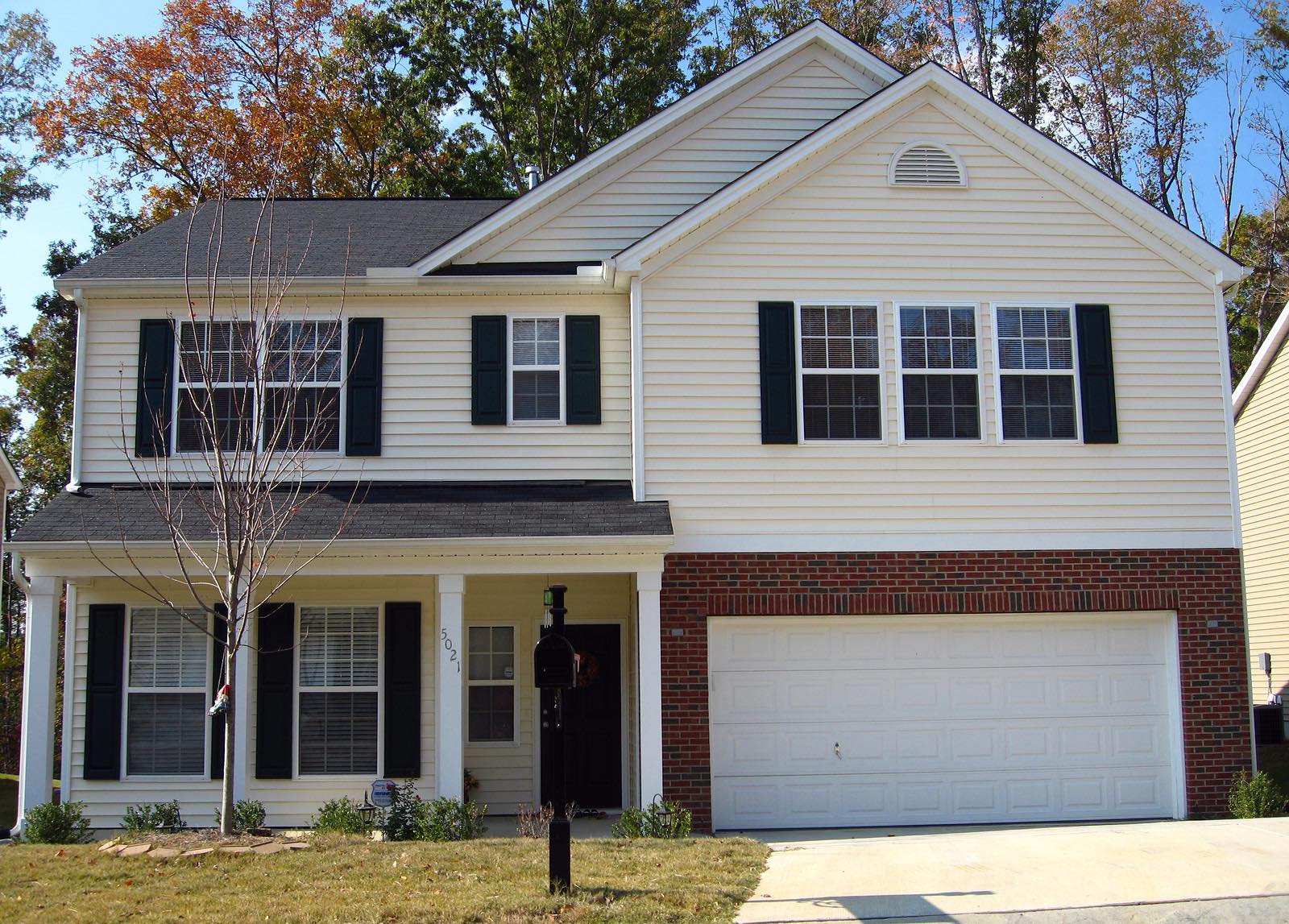
When you’re looking for the right home you might find yourself with an endless sequence of choices. House or condo? Suburban or city centre? But there is one particular choice that bothers a lot of first-time buyers. Should I buy a starter property or a home to last for years to come?
In previous decades, first-time buyers usually went for smaller and more affordable properties. This helped them to build a credit rating and to gain some equity. More established homeowners looked for larger properties to provide enough room for their friends and children.
A study, conducted by Bank of America, discovered that up to three-quarters of new buyers plan to ditch the idea of a starter home and purchase a property that is equipped to accommodate them for years to come. While the older generation of homeowners is increasingly looking to downsize their homes.
Where do you fit into the new real estate landscape? Below are some questions to help you purchase the home that is right for you.
What stage of life am I in?
If you can identify the stage of life you are in, you can narrow your focus to find a suitable property. Age isn’t as much of a factor as it used to be. Some older homeowners without children may want to downsize to a starter home in a dynamic neighbourhood, while a younger buyer may want to find a long-term property where they can raise a family. At the end of the day, find a property that feels right for you.
What type of property best fits my lifestyle today?
While you should have some idea of what you want in the future, don’t be overly stressed by finding a property that you consider to be “the perfect fit” for your vision of the future. Life has a habit of changing course, so be realistic about what you need in a property.
A starter home is more suitable for buyers that have transitional lives. People that change employment regularly, relocate often, or have a young family fall into this category. However, people that are looking for a more permanent lifestyle and a larger sense of local community may be better off looking for a long term property than a starter home.
What can I afford?
The fact is, the amount of money you can afford for a down payment will have a large impact on the type of property you decide on.
Starter properties are usually cheaper than the type of homes that would be ideal for a long term buyer. This means you will need less money for a down payment on a starter home. When you are going over your finances, make sure that you look beyond the initial down payment and factor in other costs, such as maintenance costs, utility bills, cable, and other monthly upkeep costs. Considering all your possible bills will help you make a more informed decision.
Do I want to look at my home as an investment?
The investment aspect of buying a home should influence whether you look for a starter home or another type of property. If you are not concerned with making a profit on your home and can afford a property at the top end of the market, then a home for the future may be achievable for you. Starter homes are often occupied for a lot less time per owner than their long-term counterparts. If however, you want to try and make a profit when you sell your property, a starter home may be a more suitable investment opportunity.
Are you considering renting out the property in the future?
A starter home may not be suitable for you in the future, but could be suitable for a potential renter. One of the beautiful things about a starter home is, they can easily be turned into a rental property and provide a potential source of monthly income. Although, you must decide whether you are interested in becoming a landlord and whether or not you can handle the responsibilities that come with it. If you can, this rental property could provide a great monthly income that can go towards paying for a home that is more suited to your changing needs.
